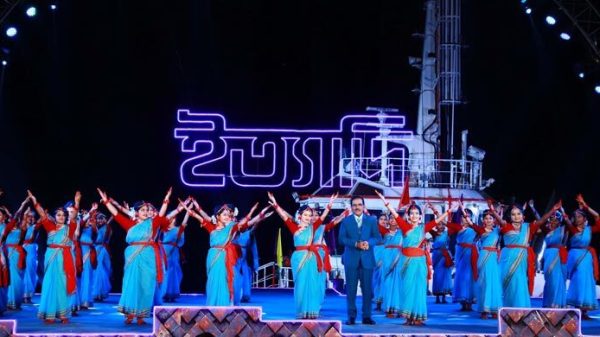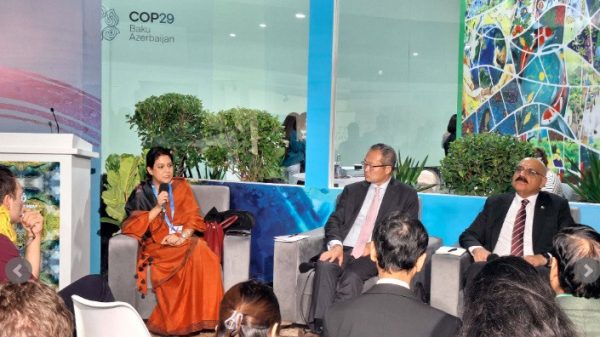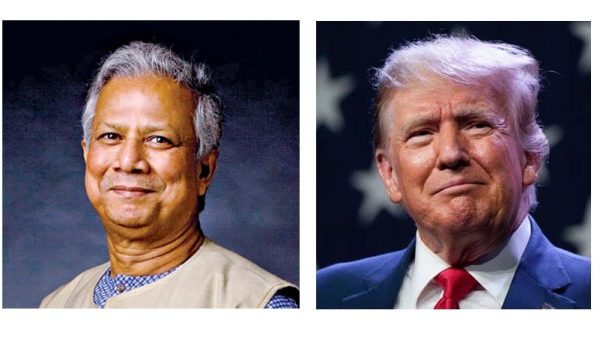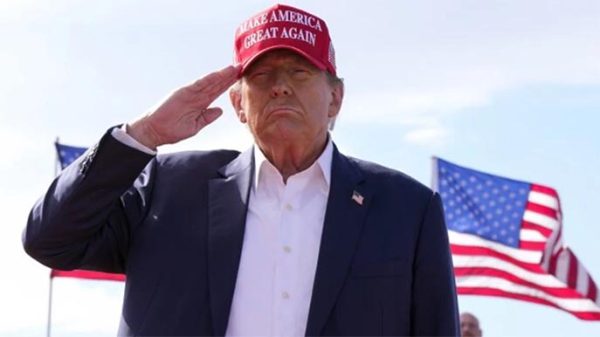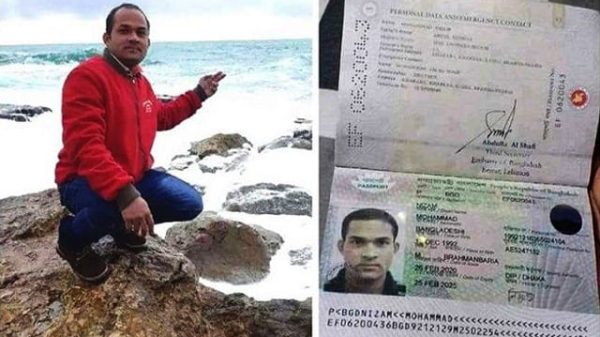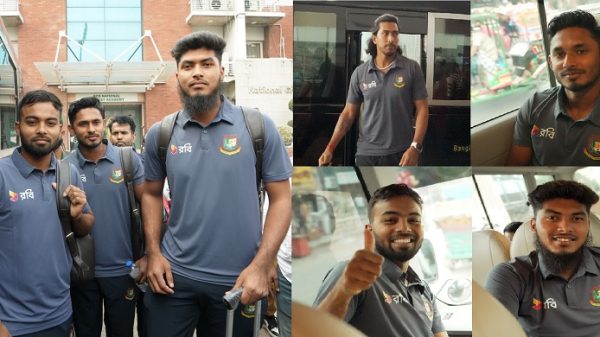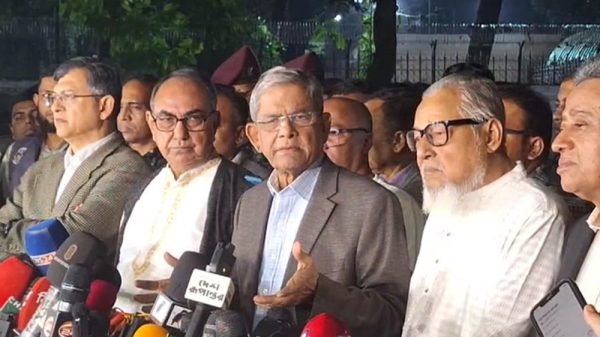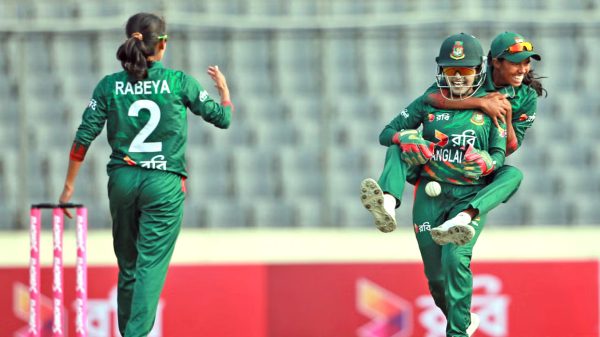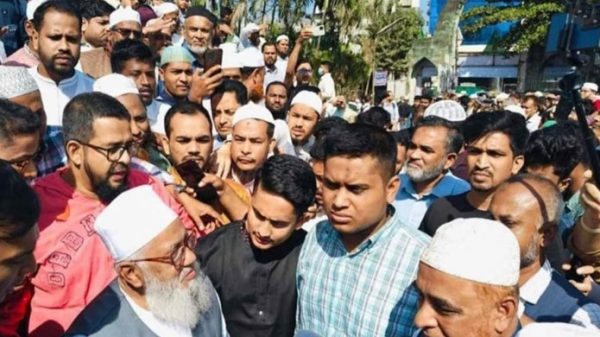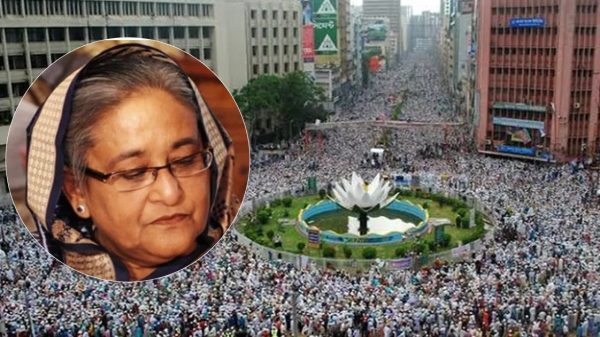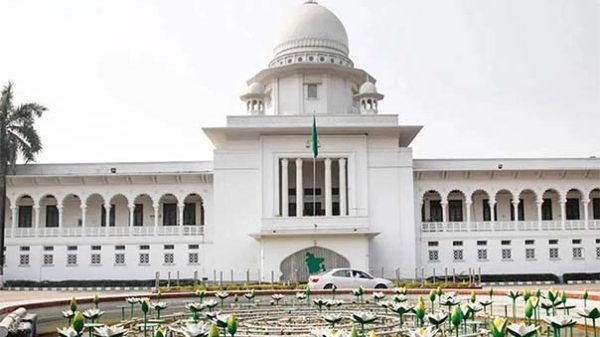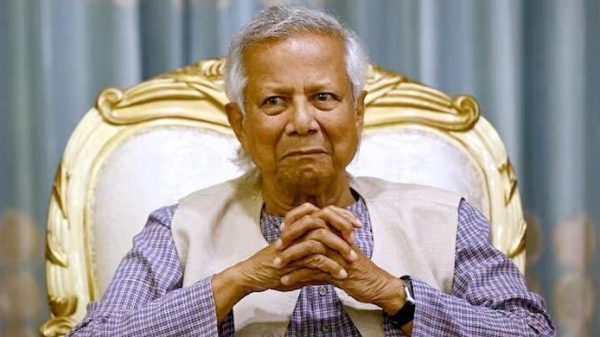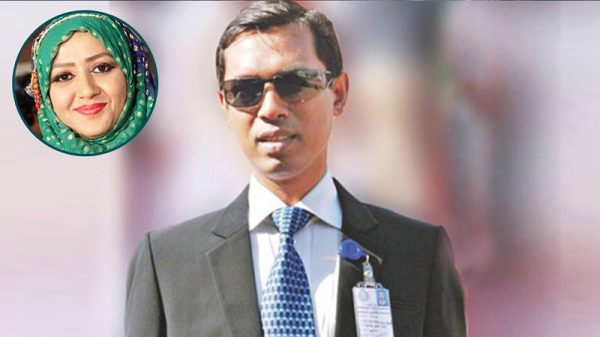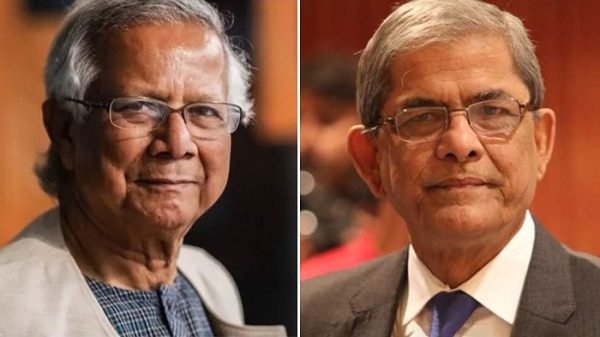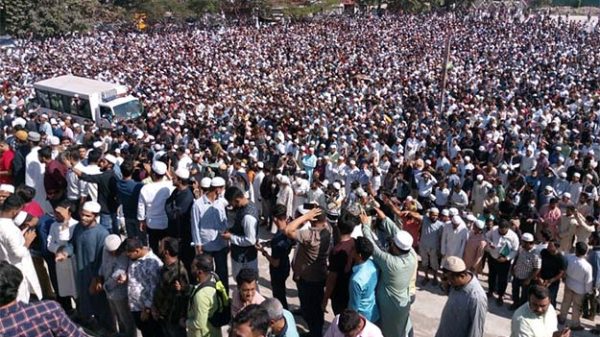India’s main opposition party begins a cross-country march ahead of a crucial national vote

- Update Time : Sunday, 14 January, 2024, 04:34 pm
- 65 Time View
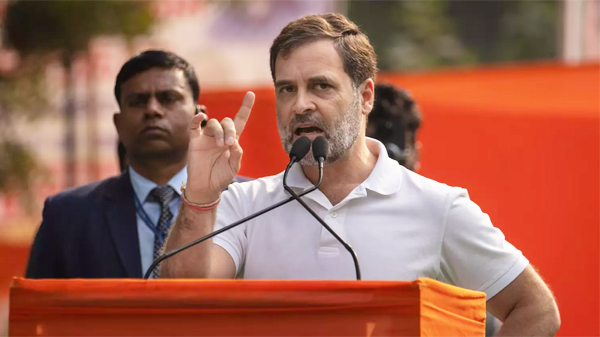
Online Desk: Thousands of members of India’s main opposition Congress party and its supporters began a 2-month cross-country march Sunday in a bid to regain some of the popularity it has lost to Prime Minister Narendra Modi’s ruling Hindu nationalist party ahead of a crucial national vote this year.
The march led by Rahul Gandhi, scion of the influential Gandhi family, began from the northeastern Manipur state’s Thoubal district. The “Bharat Jodo Nyay Yatra,” or “Unite India Justice March,” is scheduled to cover 6,713 kilometers (4,171 miles) in 67 days, mostly in buses but also on foot, while passing through 110 districts in 15 states, the party said in a statement.
This is the second time the Congress party has hit the road in the last two years to rally support for elections.
In late 2022, Gandhi led the “Bharat Jodo Yatra,” or “Unite India March,” from Kanyakumari, a coastal town on the southernmost tip of India, to Indian-controlled Kashmir. The march traversed 3,570 kilometers (2,218 miles) across 12 states in five months, and challenged the Modi government over growing economic inequality and the rising religious polarization.
India is expected to vote in a national election in April or May, and the opposition is scrambling to put up a fight against the electoral juggernaut of Modi’s Bharatiya Janata Party. It remains popular after nearly a decade in power and many surveys suggest Modi will win a third consecutive term this year.
India’s previously fractured opposition parties have joined hands and formed the INDIA alliance, which stands for Indian National Developmental Inclusive Alliance. However, it faced a setback in December when Modi’s party won in three of four crucial state elections.
Modi will seek reelection at a time when India’s global diplomatic reach is rising. At home he has faced a struggling economy, rising unemployment, religious tensions triggered by attacks on minority Muslims, and a shrinking space for dissent and free media.
In 2019, Modi’s party won 303 out of 543 parliamentary seats, in part due to its Hindu nationalist agenda. Congress was a distant second with 52 seats.

